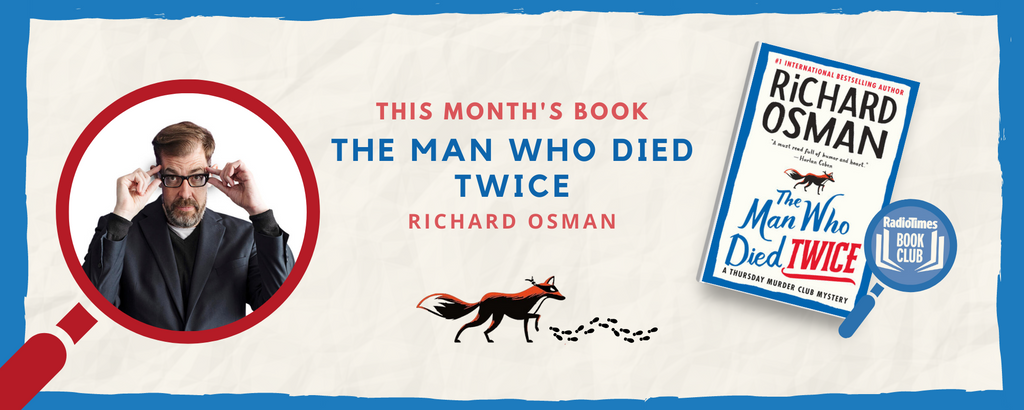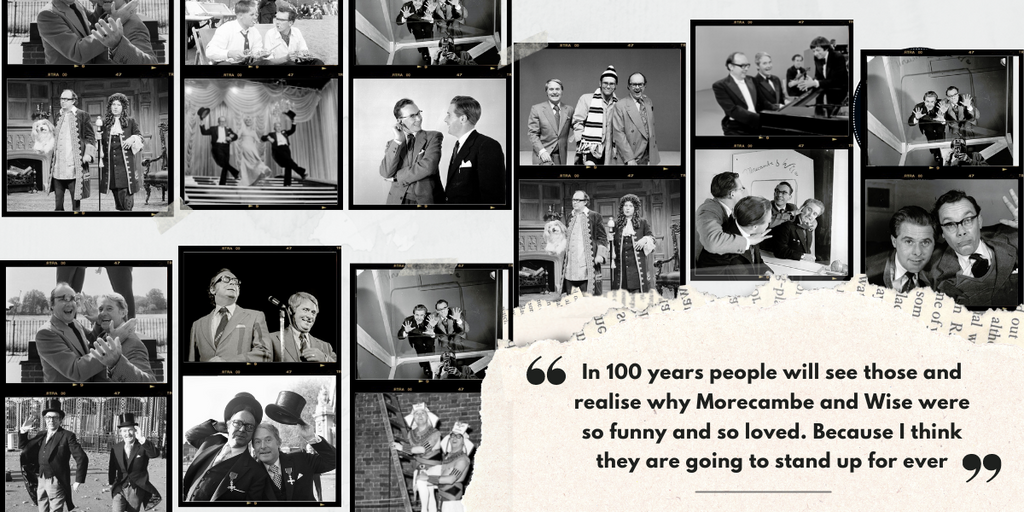
America’s Bomber Mafia dreamt of waging war without the killing, but sadly their aim was off, says Malcolm Gladwell
It sounds almost romantic, the way Malcolm Gladwell describes it. “Well, I guess this is a story about obsession. This group of men, in the middle of Alabama during the 1930s, who have this dream they can’t shake.” And if that seems an odd way to talk about a story that ends in millions losing their lives, that’s kind of the point. “The dream is that they can reinvent war – without all the killing.”

The “Bomber Mafia” (so named by military peers for their sealed-lip secrecy) were a bunch of borderline-renegade US Air Force pilots who, together with some similarly maverick scientists in their orbit, more-or-less invented the idea of precision warfare. With the right tech, airmen and moral fibre, they believed they could defeat an enemy through surgical bombing strikes, and without recourse to the waves of cannon-fodder they’d witnessed dying in the First World War. “Then, much to their surprise,” continues Gladwell, “a war actually breaks out. And they discover that life is not as simple and clean in practice as it is in theory.”

These men were dealing in truly revolutionary concepts, but that of course is Gladwell’s stockin-trade. The author of The Tipping Point and Outliers seems to specialise in zeitgeist-defining “big idea” books, and his new one, The Bomber Mafia – though told with the muscular, driving narrative and fizzingly charismatic (real-life) characters of a movie – is no different. “I don’t draw any grand lessons here, which I usually do in my books. But the story does raise this question about how technology and morality are tied up together. And that has real relevance in the present day, because we now have a group of people in Silicon Valley who have pursued various kinds of revolutions and seem to be completely indifferent to the moral implications of what they’re doing. No one at Facebook, say, seems at all concerned about the ways in which their platform can be used to distort things, or make people unhappy. If you hand over all the decisions to technicians or engineers, though, you get the world you deserve. Moral principles are just not on their radar. And I say that as the son of an engineer.”
Sure enough, the high ideals of the Bomber Mafia soon met the realities of war – and the more ethically ambiguous outlook of the military top brass. “From [British Air Chief Marshal] ‘Bomber’ Harris and Winston Churchill, as well as some on the American side, there was scepticism. Churchill, for instance, was impatient with the dreaming of the Bomber Mafia – because his country was on the line. The Americans were protected across the Atlantic, and could afford to experiment with new ideas. For the British, the stakes were much higher.”

For the Japanese, the stakes were higher still, it turned out, as what was begun by the Bomber Mafia morphed into something they never envisaged – including a napalm attack on Tokyo in 1945 that killed more civilians than the atomic bombs of Hiroshima or Nagasaki. So is the world safer now? Would Dresden, Tokyo or Hiroshima happen today? Would our current leaders have the moral courage for a longer but less fatal war? “Well, there are many millions of us relieved we have an adult in the White House again,” says Gladwell (who lived in England until he was six, but is now a New Yorker). “As for your guy… Boris Johnson is what my mother would’ve called a ‘ginnal’. It’s a Jamaican word for a rascal or rogue, trickster or con man. A troublemaker.”
The problem goes way beyond Washington DC or Downing Street, though, according to Gladwell. “These days we’re not really comfortable thinking in moral terms. Back then, it wasn’t such a stretch, because organised religion was a much stronger part of people’s education, if not their inner lives. They had an innate moral vocabulary, which we don’t have now. “You can see it in this endless debate about ‘cancel culture’, too. Cancel culture is what happens when you have a generation of people who are not raised with a Christian ethic of forgiveness. Forgiveness is so counterintuitive it needs to be taught, and you can only learn it if you are exposed to a body of thought which places forgiveness at its centre. It’s not about being Christian, it’s about being exposed to that idea of forgiveness. Previous generations were educated and encouraged to think in moral terms, such as forgiveness, in a way that isn’t happening at the moment.” Can’t we learn from history, though? Isn’t that why writers write about it? “All authors, I think, do secretly hope that business or political leaders will read our work and be influenced by it. But you know what? Our hopes are routinely dashed.”
ED GRENBY




